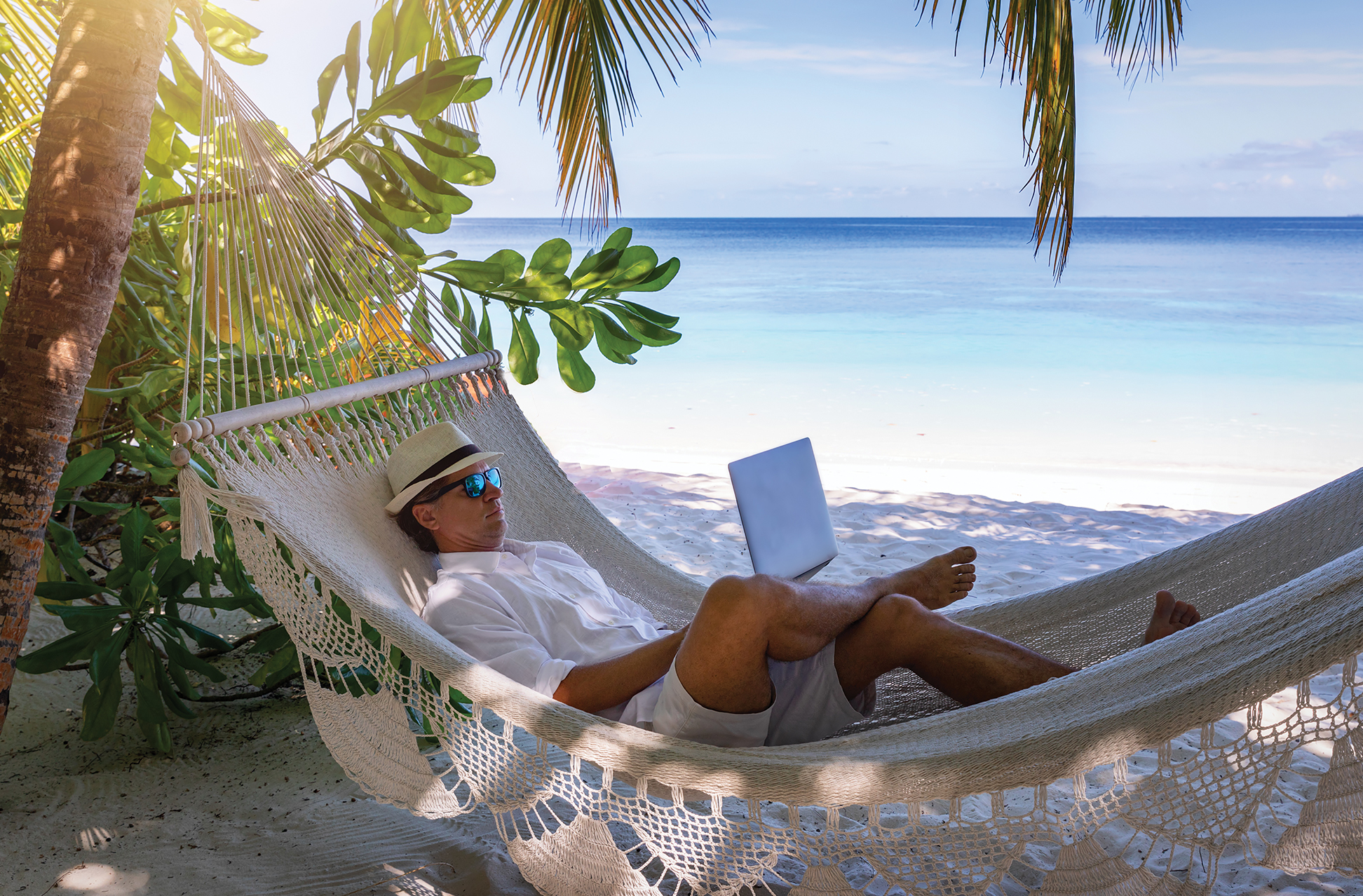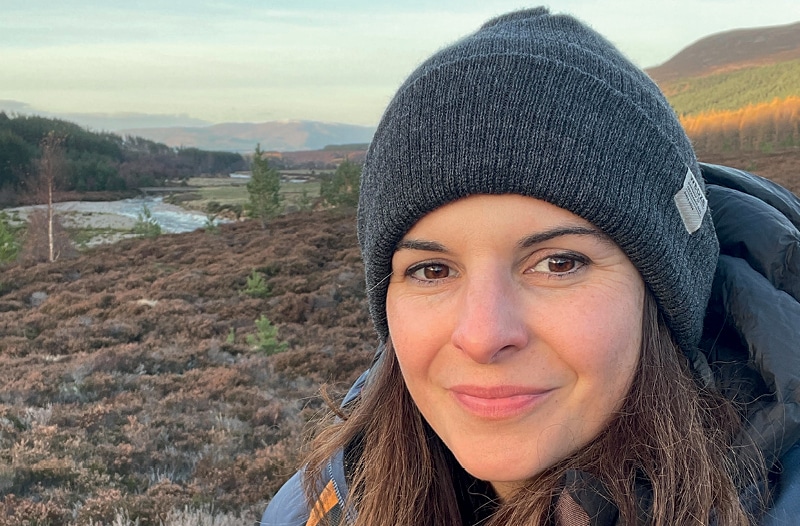
Therapy for the Pandemic Blues

Barbados made waves in June when the government announced the new 12-month Barbados Welcome Stamp, a visa designed for the newly anointed work-from-home crowd to set up shop on the island for a year.
At a cost of US$2,000 for individuals and US$3,000 for a family, the program is a novel way to generate revenue lost from the downturn in tourism due to the coronavirus. With gorgeous beaches and a “don’t worry, be happy” Bajan lifestyle as lures (and the added bonus of reliable internet, a stable economy and good healthcare facilities), who wouldn’t want to trade their laptop beach screensaver for a view of the real thing from the “office” at their oceanfront condo?
While entire offices, techies and entrepreneurs have embraced the opportunity to work remotely from Barbados, relocating for a year is not realistic for most of us. The good news is that many islands in the Caribbean are now reopening to tourists, welcoming people who want to escape the winter and pandemic blues for even a few days. However, there are strings attached. Caribbean islands closed their borders quickly and employed extensive contact tracing. They have been effective in tamping down the virus, and they want it to stay that way.
Restrictions and policies vary by island. Curacao is allowing American travelers but only from Florida, New York, New Jersey and Connecticut, and the Cayman Islands is still off limits for leisure travelers. All islands are requiring a negative COVID-19 test prior to arrival (usually within 24 hours to a week) and potentially more testing during your stay. Some are requiring you to stay on the resort or restricting travel on the island. Visitors to Jamaica, for instance, must stay in one of two “Resilient Corridors,” where all businesses, including street vendors, have received safe practices training. Jamaica also requires you to download the Ministry of Health Jam COVID-19 app, a GPS-enabled tracking tool that requires visitors to report their temperature and a video showing their location in response to prompts throughout their stay. Most islands are requiring proof of valid medical and evacuation insurance (expect this to be the new normal when traveling abroad), as well as face coverings except when you’re swimming in the pool or the sea.
Travel industry players are doing their part to be accommodating. American Airlines, JetBlue Airways and United Airlines are once again operating most of their Caribbean routes. They’re also providing ticketed passengers preflight COVID-19 tests (prices range from $80 to $250, depending on the airline and how the tests are done). Meanwhile, hotels and resorts in the Caribbean that have reopened are softening their cancellation policies and jettisoning minimum stays. The upshot is that this winter you can continue to enjoy your friends and family in the great outdoors while snorkeling, kayaking or just decompressing on the beach. But be sure to check tourism board websites for the most up-to-date COVID-19 policies. If you find that your preferred activities are not available or your favorite resort isn’t open on your island of choice, keep looking. As Prime Minister Mia Mottley said when announcing the Barbados Welcome Stamp, “COVID-19 has placed a severe strain on people’s mental wellness. The sunshine is powerful. The seawater is powerful. They’re both therapeutic in ways that are hard to explain.” And if you can take that year off, apply at barbadoswelcomestamp.bb.




